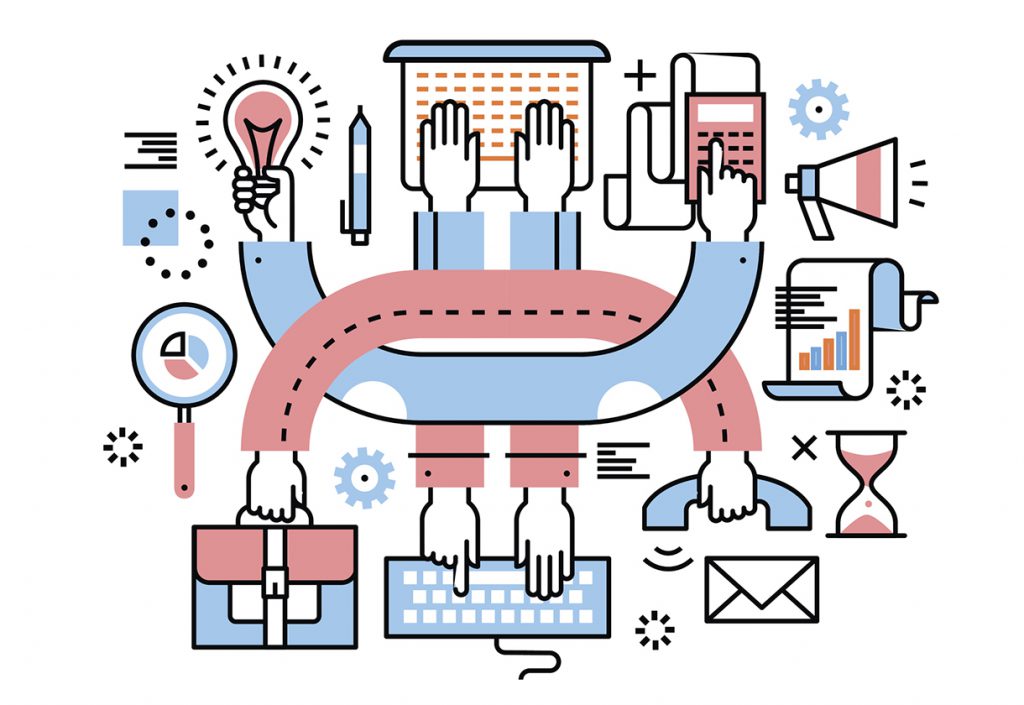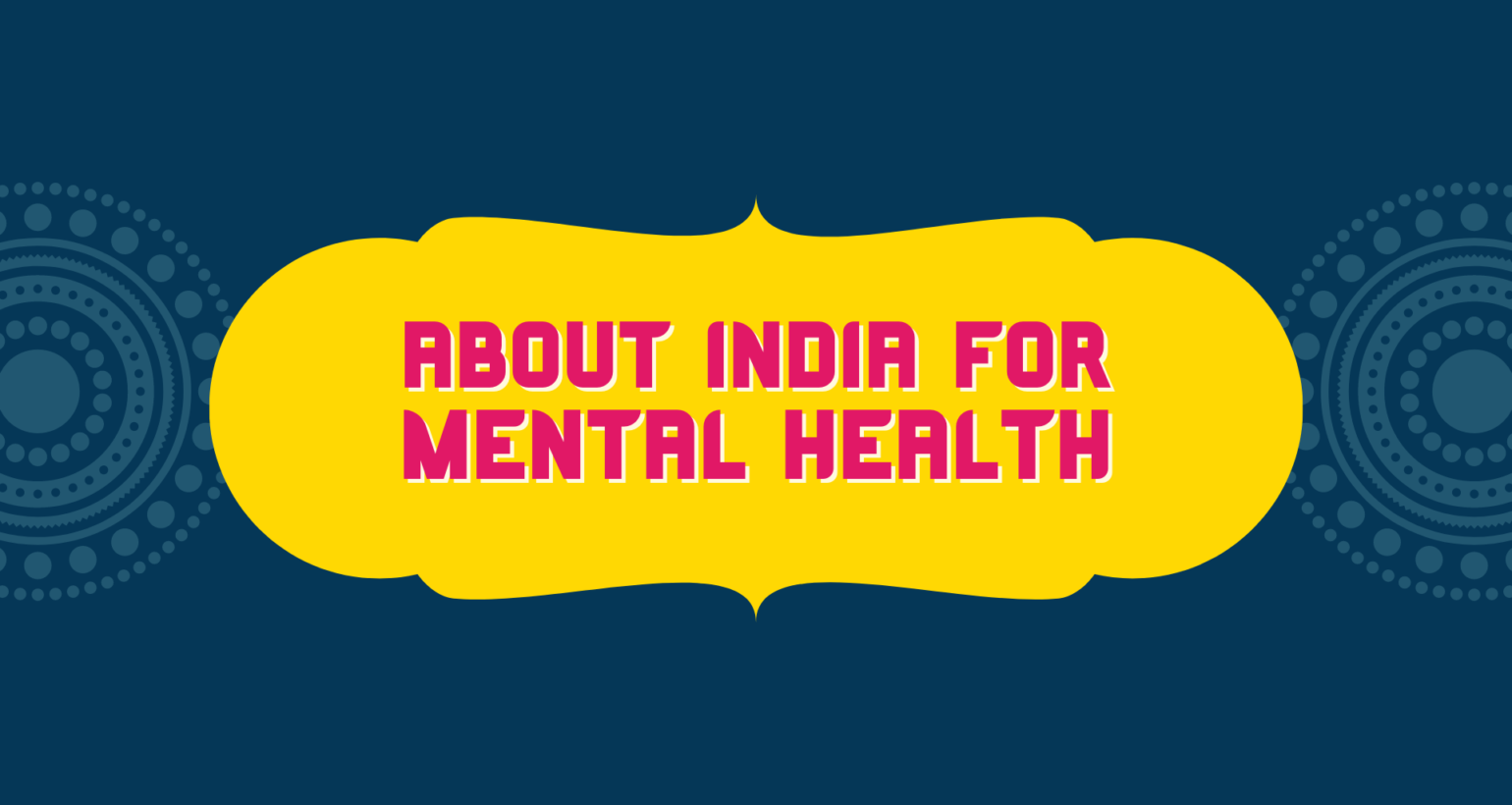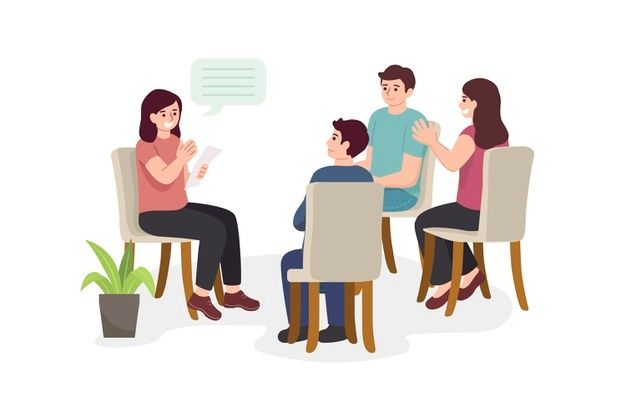Introduction
Before reading this blog, ask yourself, do you actually understand “multitasking”? Or is it mere switching between tasks that we talk about?
The short answer to whether multitasking is possible or not is No. The human brain, as you know it cannot process high-level activities simultaneously. Multi-tasking includes tasks you have to think about. When we think we are eating and reading this blog, that is not in the real sense of multitasking.
In today’s fast-paced, sensory-overloaded environment, the ability to multitask appears to be a necessary talent. Juggling various thoughts, tasks, conversations, and attention streams has been deemed an invaluable ability for professionals.
How do we actually switch between tasks?
The human brain controls everything we do. This includes executive functions and high-order functions like complex thinking and problem-solving.
When we perform a task, two things happen:
Our brain is focused on the goal of the task
While keeping in mind the rules associated with the task process and completion.
Thus when we shift over tasks, the goal focus and rule setting of one task switch off and get regulated for a new set of tasks.
As per neuropsychologist Cynthia Kubu, let’s start with the facts: we’re programmed to be unitaskers, which means our minds can only focus on one job at a time. “We rarely perform two things simultaneously when we think we’re multitasking.” Instead, we’re performing individual behaviours in fast succession or task-switching,” she explains.
Multitasking might hurt your performance.
According to research, when our brain constantly switches modes to bounce back between different tasks, we become less productive and more prone to making mistakes, especially when those functions are complex and require our active attention.
This may not be as visible or evident when we do simple tasks like strolling while listening to music or doing laundry while watching TV. However, when the stakes are higher, and the activities are more involved, attempting to multitask can be counterproductive, if not dangerous.
When we multitask, our attention is fragmented. It makes it more difficult for us to concentrate solely on one thing. Other research suggests that those who routinely “media multitask” (such as listening to a song while reading emails or browsing social media while watching a film are more preoccupied and less able to focus their concentration even when they’re only doing one thing. It can also affect our ability to learn since learning requires the ability to focus.
Another problem of attempting to do too much at once is that it makes it harder to be attentive and fully present at the moment – even though mindfulness has several benefits for our minds and bodies.
A 2011 study from the University of California San Francisco discovered that multitasking had a negative influence on your physical health and working memory-
- Increased anxiety: According to neuroscientists, multitasking literally depletes your mind’s energy reserves, leading you to lose focus and become more worried.
- Prevents innovative thinking: Increased worry and a lack of brain “space” produced by multitasking might also impair your capacity to think creatively. Our minds require space to “incubate” new ideas to be creative.
Studies say that multitasking causes people to take longer to finish simple tasks and can even lead to missing sleep.
Break the Habit of Multitasking
To break the habit, try to-
Juggle limited amount of tasks-
If you must multitask, try combining something automatic, such as folding laundry, with something that demands more focus, such as having a conversation.
Make use of the “20-minute rule–
Instead of continually switching between tasks, dedicate your concentration to one for 20 minutes before moving on to the next.
Combine your tasks–
If you find it difficult to resist the impulse to check your email or indulge in another distracting task, set aside time in your day to do so. By grouping similar tasks and scheduling them, you can free up your mind to focus on something else.
Exercise mindfulness-
Including mindfulness in your everyday practices may help you recognize when you’re multitasking. Mindfulness helps to focus on one task at a time.
Conclusion
Multitasking can impair your ability to focus, increase stress, and intensify impulsive behavior. It can also impair your effectiveness at work or school, leading to even more unpleasant feelings and anxiety.
It means that, like most of us, our brain is not equipped to do numerous difficult things simultaneously. We perform far better when we concentrate entirely on one task at a time.
Before including multitasking on your resume, you should assess whether you can do so. We tend to overestimate our capacity to multitask, and even those who believe they are strong in this area frequently make mistakes or operate inefficiently.



